TEHRAN (Bazaar) –Nader Entessar, Professor Emeritus of Political Science from university of South Alabama says that the current temporary understanding between Tehran and Washington is not sustainable.
“Under best circumstances, it is nothing more than a stop-gap measure to deal with a serious hemorrhage,” Entessar told Bazaar News Agency.
Following is the full text of the Bazaar interview with Professor Entessar:
Q: In his recent statement, Qatar's foreign minister announced that the partial nuclear agreement (quid-pro-quo approach) is the best way to reach a comprehensive agreement between Iran and the United States. What is your assessment of this solution?
A: It is not an ideal solution and is akin to a band-aid solution to contain a major fire on a temporary basis. However, under current circumstances, the Qatari foreign minister's proposed plan may be the best of the worst alternatives available to each side.
Q: One of the obstacles to the quid-pro-quo approach is determining the priorities of each step. Another problem is that the components of these steps are related to each other, and without having a general picture of what should be finally achieved, it is difficult to determine the priority of the steps. What is your assessment?
A: You have correctly identified some of the inherent problems with the quid-pro-quo approach. Unfortunately, Iran does not have a well-defined strategy or endgame to the Tehran-Washington impasse. The strategy of no war, no peace is no longer tenable. In fact, it is counterproductive and will perpetuate the constant cycle of crisis to crisis.
Q: One of the successful cases of the quid-pro-quo approach is the exchange of prisoners and the cessation of Iran's enrichment of 60%. Is this approach applicable to other fundamental differences between Iran and the United States?
A: No, I am afraid this is not the case. Addressing the mountain of fundamental issues between Iran and the United States via European or Middle Eastern intermediaries has limited utility. In other words, Iran's policy of continuing indirect dialogue with the United States without an open, face-to-face, honest, serious, and hard-nosed plan of action has reached a dead end.
Q: America is satisfied with the current situation based on a temporary understanding, but Iran wants the lifting of sanctions, which will be achieved through a comprehensive agreement. However, no Iranian official has yet taken a position regarding Qatar's ‘quid-pro-quo approach’. However, due to the time-consuming nature of such an approach, it seems that in the short term, Iran will not achieve its desired economic benefits. What is your assessment?
A: Yes, I agree with your assessment. What Iran ultimately wants is the lifting of sanctions, or at least the secondary sanctions, through a comprehensive agreement. Given the existing obstacles in both countries, particularly in the United States, it is practically impossible to achieve this goal in the short- to medium-term. Comprehensive agreements between two long-time adversaries require patience and hard-core face-to-face bargaining, and thus they are time-consuming.
Q: To what extent can the current temporary understanding between Iran and the US be sustainable?
A: As I explained in my answer to the third question, the current temporary understanding between Tehran and Washington is not sustainable. Under best circumstances, it is nothing more than a stop-gap measure to deal with a serious hemorrhage.

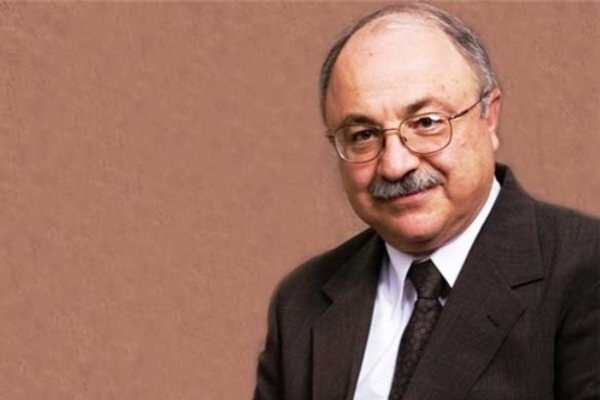





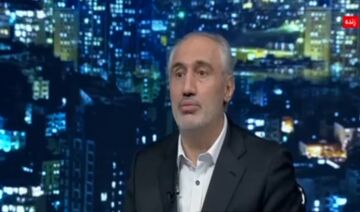



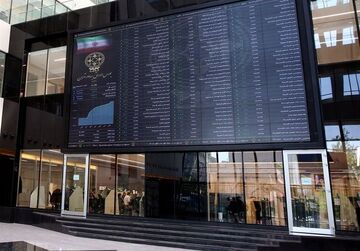

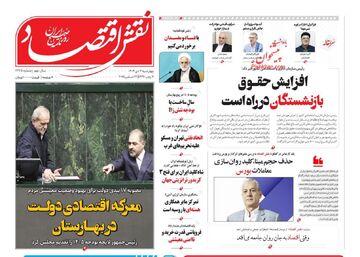
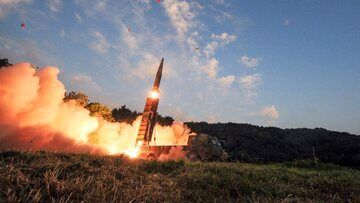

نظر شما